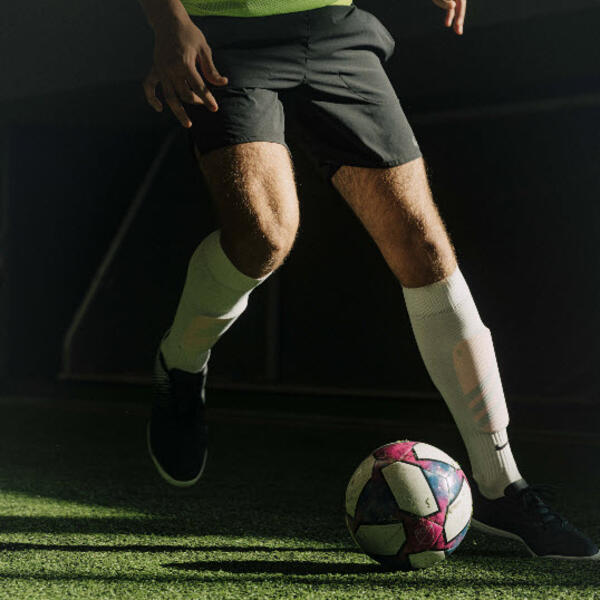Releases
WADA statement on Reuters story exposing USADA scheme in contravention of World Anti-Doping Code

The World Anti-Doping Agency (WADA) responds to a Reuters story of 7 August 2024 exposing a scheme whereby the U.S. Anti-Doping Agency (USADA) allowed athletes who had doped, to compete for years, in at least one case without ever publishing or sanctioning their anti-doping rule violations, in direct contravention of the World Anti-Doping Code and USADA’s own rules.
This USADA scheme threatened the integrity of sporting competition, which the Code seeks to protect. By operating it, USADA was in clear breach of the rules. Contrary to the claims made by USADA, WADA did not sign off on this practice of permitting drug cheats to compete for years on the promise that they would try to obtain incriminating evidence against others.
Within the Code there is a provision whereby an athlete who provides substantial assistance can subsequently apply to have a proportion of their period of ineligibility suspended. However, there is a clear process for that, which does not involve allowing those who have cheated to continue to compete while they may or may not gather incriminating evidence against others and while they could retain a performance-enhancement effect from the substances they took. When WADA eventually found out about this non-compliant practice in 2021, many years after it had started, it immediately instructed USADA to desist.
WADA is now aware of at least three cases where athletes who had committed serious anti-doping rule violations were allowed to continue to compete for years while they acted as undercover agents for USADA, without it notifying WADA and without there being any provision allowing such a practice under the Code or USADA’s own rules.
In one case, an elite level athlete, who competed at Olympic qualifier and international events in the United States, admitted to taking steroids and EPO yet was permitted to continue competing all the way up to retirement. Their case was never published, results never disqualified, prize money never returned, and no suspension ever served. The athlete was allowed to line up against their unknowing competitors as if they had never cheated. In that case, when USADA eventually admitted to WADA what had been going on, it advised that any publication of consequences or disqualification of results would put the athlete’s security at risk and asked WADA to agree to non-publication. Being put in this impossible position, WADA had no choice but to agree (after verifying with its Intelligence and Investigations Department that the security threat was credible). The athlete’s doping was therefore never made public.
In another case of a high-level athlete, USADA never notified WADA of its decision to lift an athlete’s provisional suspension, which is an appealable decision, despite being required to do so under the Code. Had WADA been notified, it would never have allowed this.
How must other athletes feel knowing they were competing in good faith against those who were known by USADA to have cheated? It is ironic and hypocritical that USADA cries foul when it suspects other Anti-Doping Organizations are not following the rules to the letter while it did not announce doping cases for years and allowed cheats to carry on competing, on the off chance they might help them catch other possible violators. WADA wonders if the USADA Board of Directors, which governs USADA, or U.S. Congress, which funds it, knew about this non-compliant practice that not only undermined the integrity of sporting competition but also put the co-operating athletes’ security at risk.

